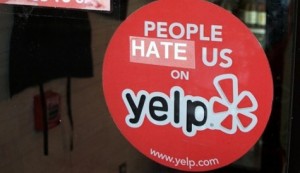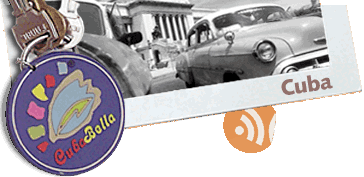Havanautos Car rental Next to Sidestep Agents
2014 has been a tough year for travel companies dealing with Cuba. Firstly, the shift away from centralized hotel bookings has seen Cuba’s MINTUR tourism ministry ratchet up direct sales of hotels through Amadeus and locally managed hotel portals.
The second step in this move will see those operating websites purporting to be Cuban hotels having their websites closed down, unless they cease mimicking official hotel websites using .com domains when no direct affiliation with the hotel in question exists. This broader impact is seen as requirement by MINTUR to shield Cuba from shoddy customer service in the light of recent quality awards won by numerous Cuban hotels on both Tripadvisor and Condé Nast in 2014.
About 40% of Cuban hotels are plagued with fake websites, making it difficult for consumers to spot the official hotel booking websites amongst the fray of “unofficial” sites. Adding to the confusion, many such websites advertise on Google’s Adwords advertising platform which catapults these bogus operators to the top of search engine rankings. Cuba is still grappling with trademark laws, rarely enforced until recently, yet 2015 will see MINTUR stepping up the pressure on these operators, most of whom have operations in Cuba and, as such, are within Cuban jurisdiction.
In another move, Cuban national Car Hire Company Transtur has moved its Havanautos brand to direct sales for the all important winter season, effectively shutting out agents and resellers from the lucrative Cuban Car Rental Market. By choosing just a few of certified resellers, the Cuban rental car industry should also see an increase in positive reviews, an area where MINTUR is said to be especially concerned, due to an avalanche of online complaints originating from a handful of third party operators located in Cuba.
This broader recentralization of Cuba’s travel industry was reported in October 2012 and has seen locally registered agents specializing in Cuba plummet by 70%, as Cuban tourism officials see no reason to maintain foreign travel agencies located in Cuba selling to international markets when national travel consortiums like CubaTUR, Cubanacan and Havanatur do exactly the same thing.
During the 1990s Cuba needed knowhow from foreign operators, many of which opened “mom and pop” offices in Cuba as a way of relocating to the island, famous for its low cost of living and blasé regulations. However, Cuba’s Minister of Tourism, Manuel Marrero Cruz, has reversed this trend in recent years, ordering the closure of underperforming locally registered travel agents, some of which generate less than $100,000 a year to Cuba’s billion dollar industry, yet require a myriad of legal concessions, including; residency permits, vehicles and other special concessions. This special treatment is usually only offered to first rate Cuban athletes, doctors and famous artists.
Suspending licenses of menial operators who do nothing for the economy is high on the list for MINTUR in 2015, a move intended to improve quality control and ensure travelers to Cuba receive the utmost in customer service both before they arrive and while on the island.
A recent investigation by MINTUR further exemplified the findings. Over 80% of all complaints about Cuban travel services online originated from just a handful of non-Cuban travel operators, all located in Cuba and all licensed by MINTUR to operate on the island. 2015 will see these agencies eradicated under these strict new guidelines currently being enforced since November 2014. To further weed out the agencies implicated, MINTUR Cuba has opened a Facebook page to allow travelers to vent their concerns and anger about unscrupulous operators.




